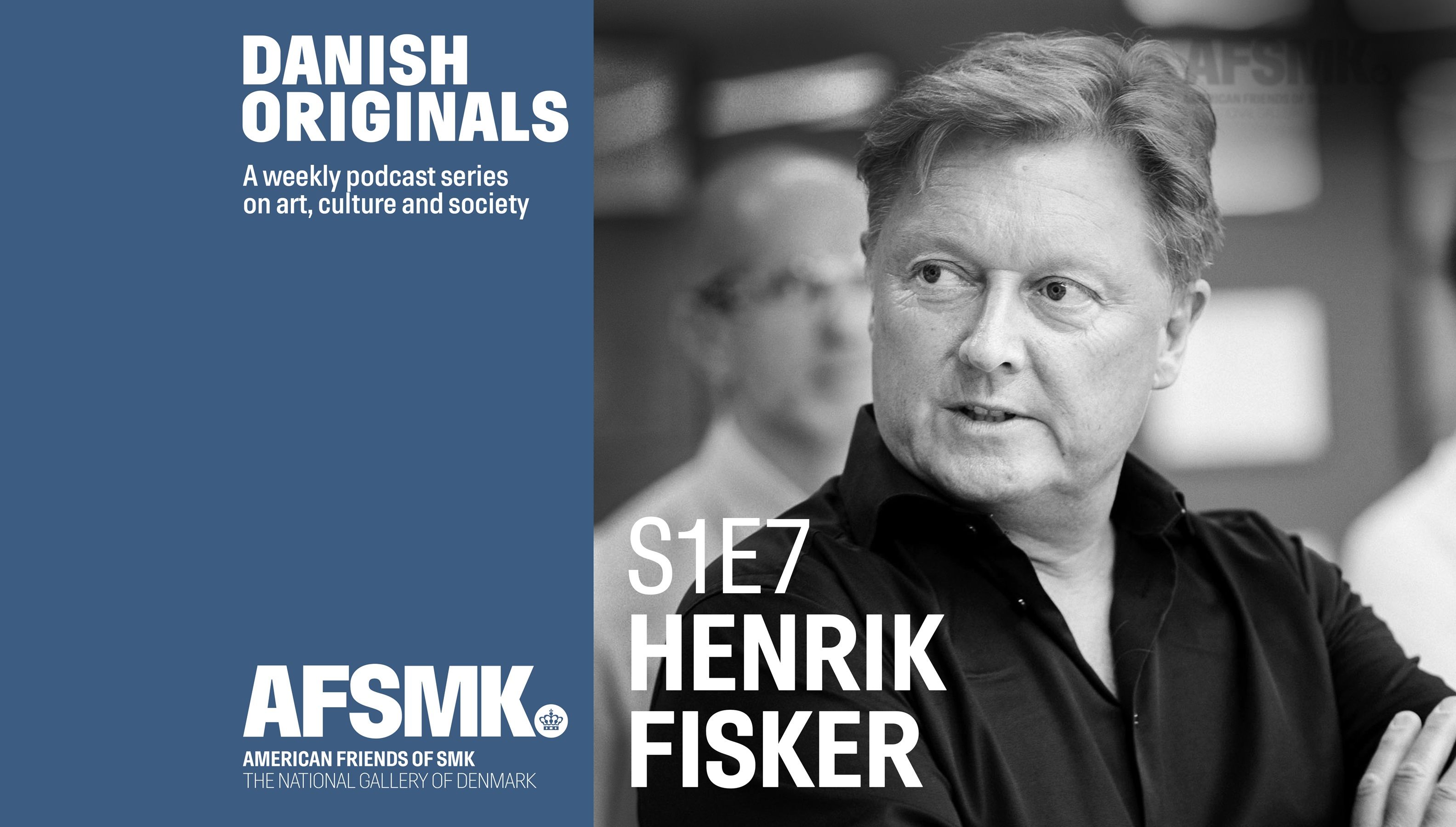Allerød-born Danish car designer and entrepreneur Henrik Fisker left Denmark at age 20 to pursue his dream of becoming a car designer.
He trained in Switzerland, left his legacy at Aston Martin and BMW, and has called LA home since 2000.
Now focused exclusively on electric vehicles, at Fisker Inc. headquarters in Manhattan Beach just outside Los Angeles, Henrik shares his vision to make the world’s most sustainable vehicle.
Henrik selects and discusses a work by Richard Mortensen from the SMK collection.














